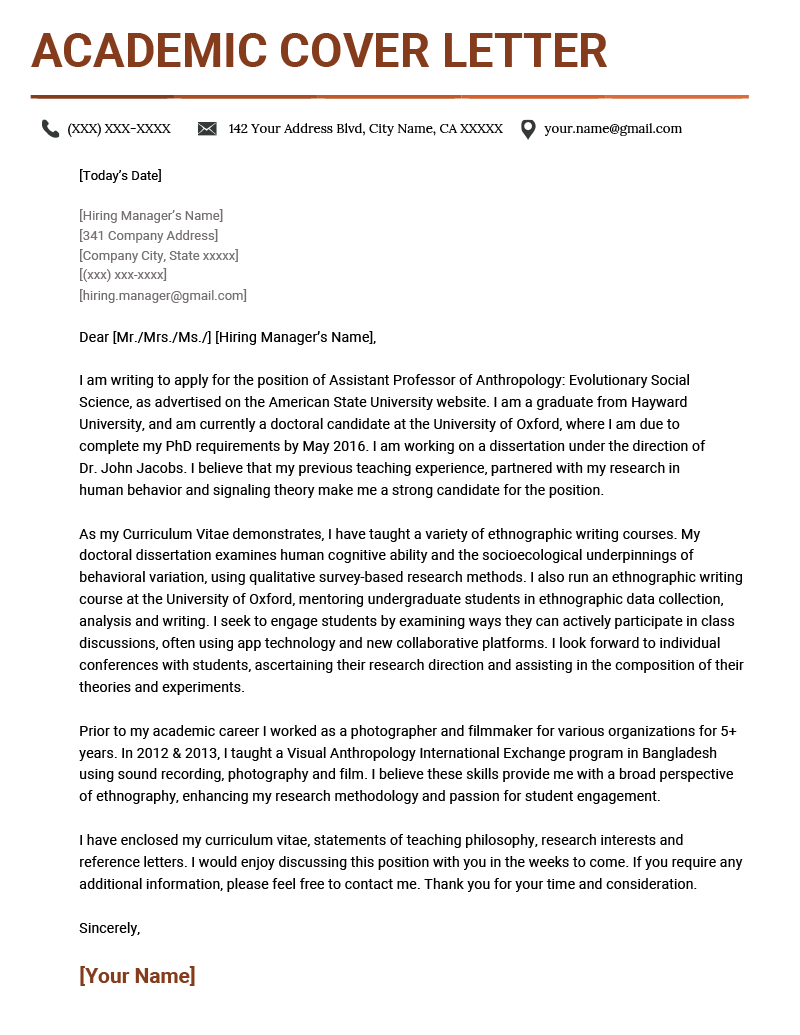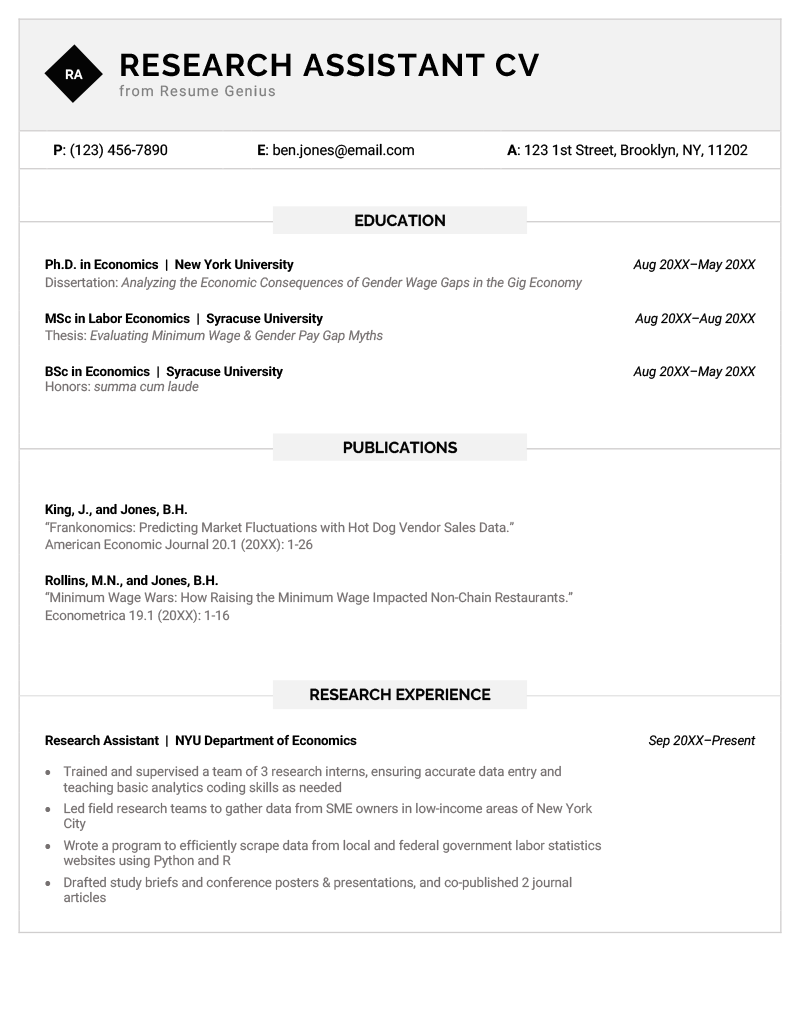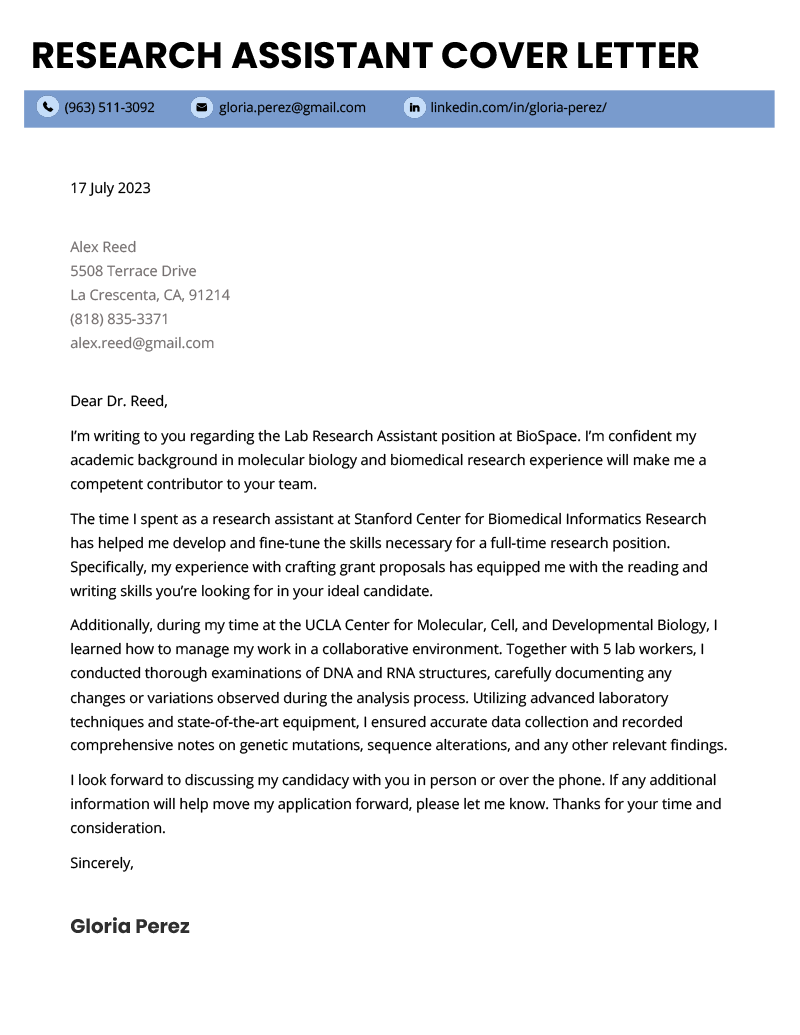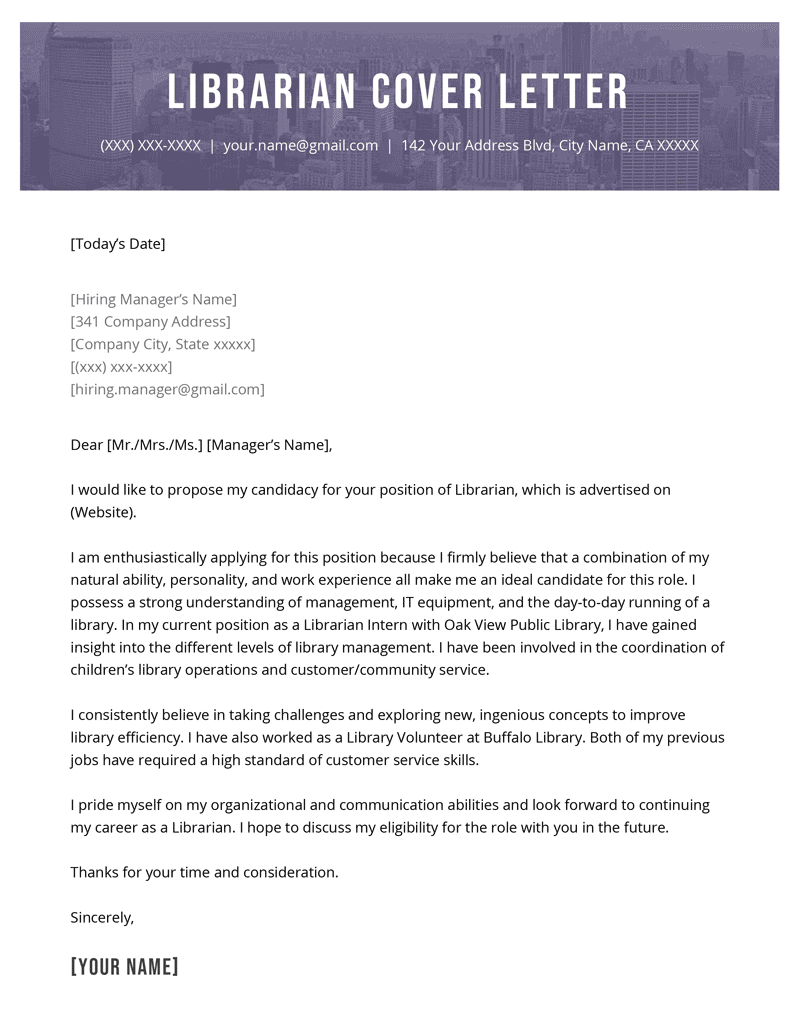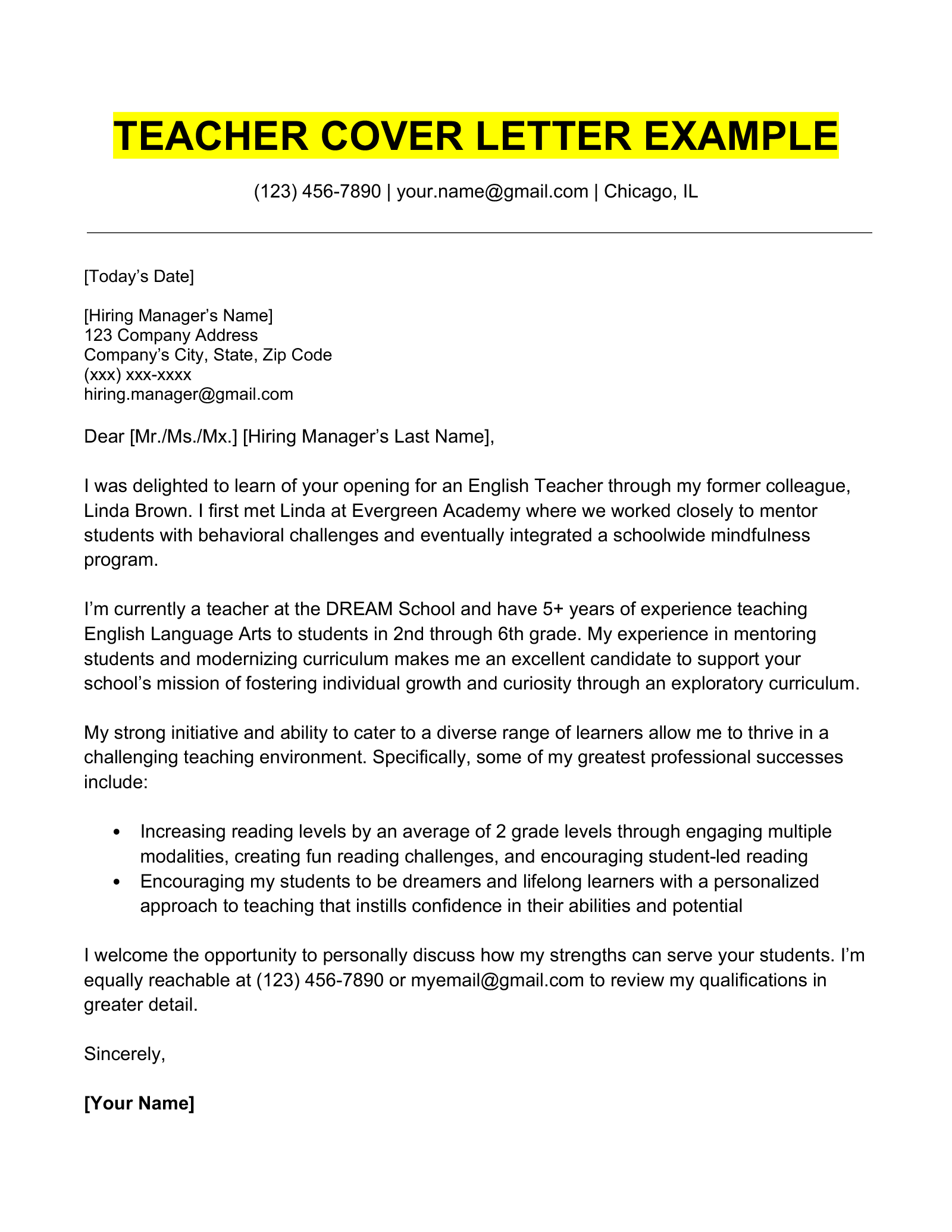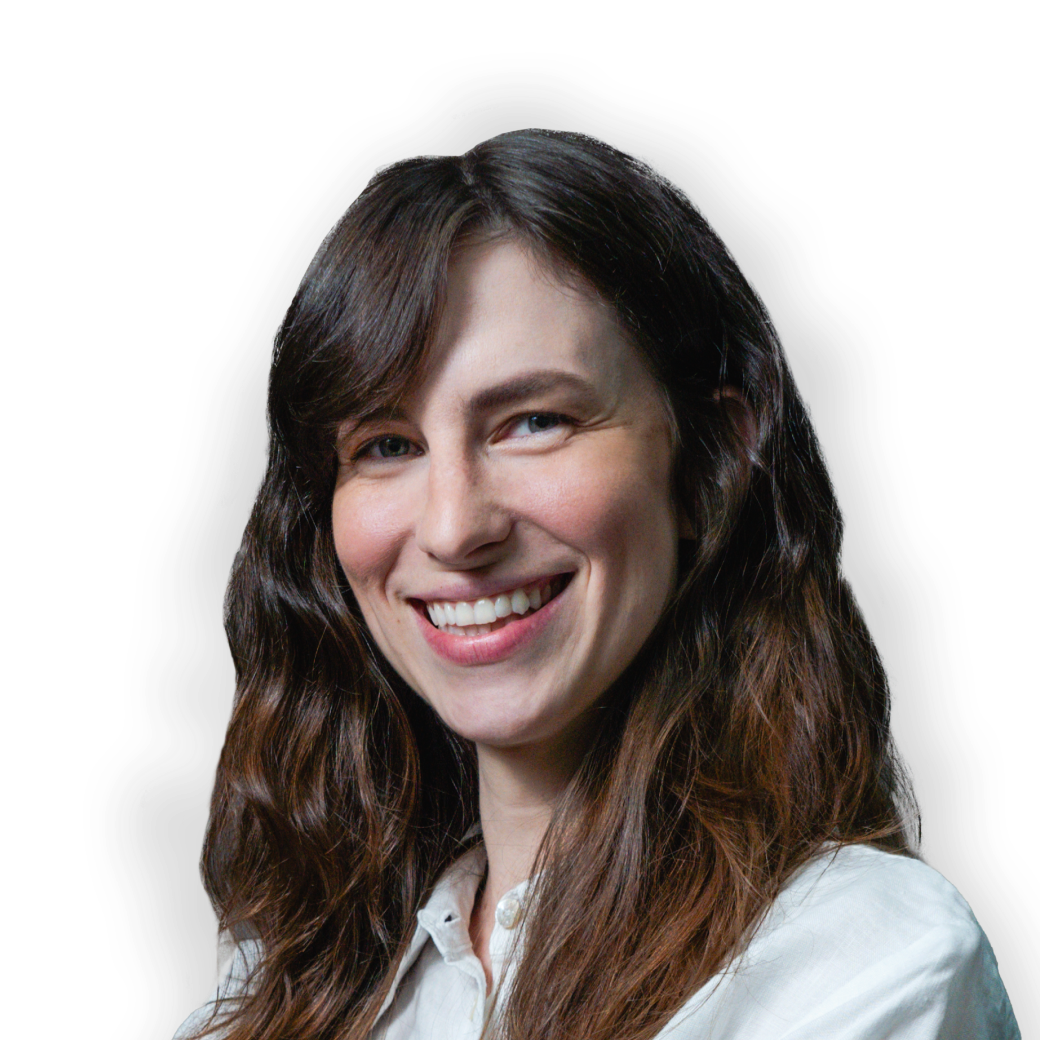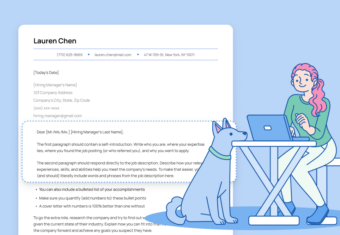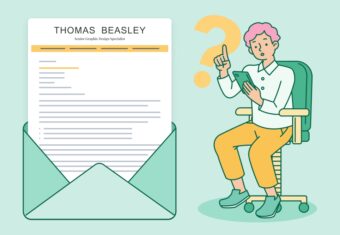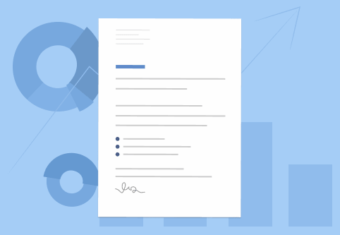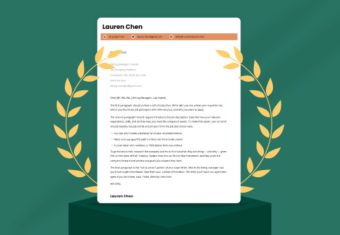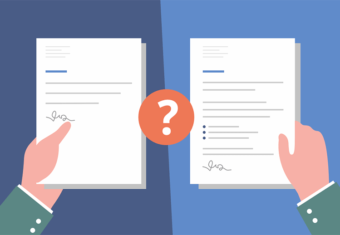Academic Cover Letter Template (Text Format)
FIRST AND LAST NAME
Email: your.email@email.com
Phone: (123) 456-7891
Address: Street, City, State
LinkedIn: linkedin.com/in/yourprofile
Dr. Jane Smith
American State University
Palo Alto, California, 94301
professor.smith@email.com
October 30, 2015
Dear Professor Jane Smith,
I am writing to apply for the position of Assistant Professor of Anthropology: Evolutionary Social Science, as advertised on the American State University website. I am a graduate from Hayward University, and am currently a doctoral candidate at the University of Osford where I am due to complete my PhD requirements by May 2016. I am working on a dissertation under the direction of Dr John Jacobs. I believe that my previous teaching experience, partnered with my research in human behavior and signaling theory make me a strong candidate for the position.
As my Curriculum Vitae demonstrates, I have taught a variety of ethnographic writing courses. My doctoral dissertation examines human cognitive ability and the socio-ecological underpinnings of behavioral variation, using qualitative survey-based research methods. I also run an ethnographic writing course at the University of Osford, mentoring undergraduate students in ethnographic data collection, analysis and writing. I seek to engage students by examining ways they can actively participate in class discussions, often using app technology and new collaborative platforms. I look forward to individual conferences with students, ascertaining their research direction and assisting in the composition of their theories and experiments.
Prior to my academic career I worked as a photographer and filmmaker for various organizations for 5+ years. In 2012 & 2013, I taught a Visual Anthropology International Exchange program in Bangladesh using sound recording, photography and film. I believe these skills provide me with a broad perspective of ethnography, enhancing my research methodology and passion for student engagement.
I have enclosed my resume, statements of teaching philosophy, research interests and reference letters. I would enjoy discussing this position with you in the weeks to come. If you require any additional information, please feel free to contact me. Thank you for your time and consideration.
Sincerely,
Sally Davis


